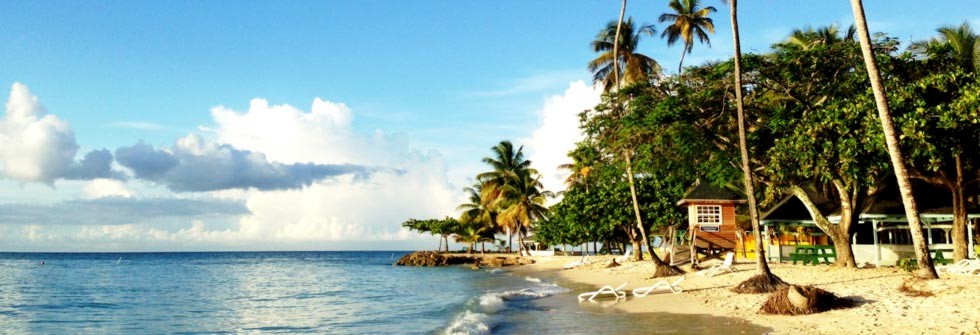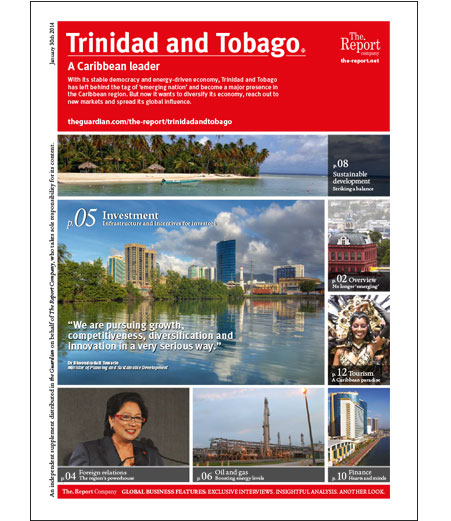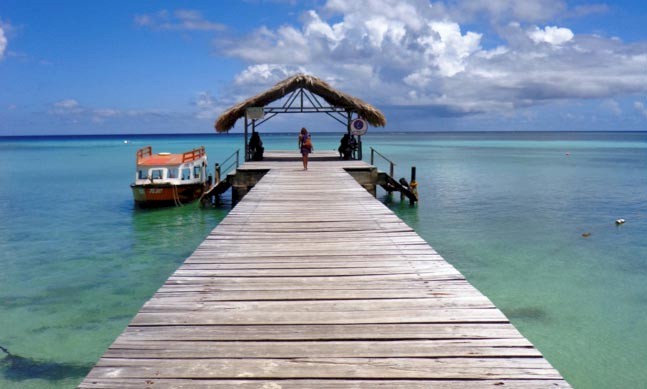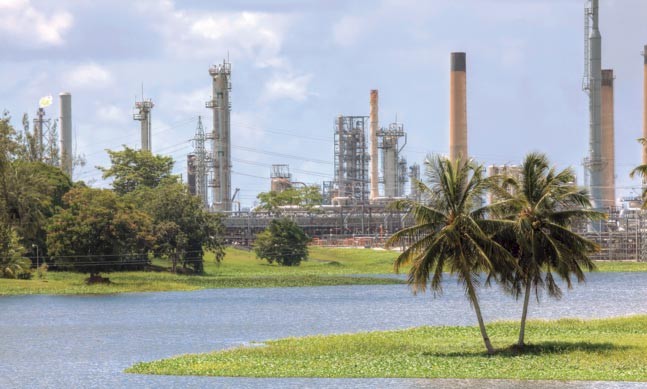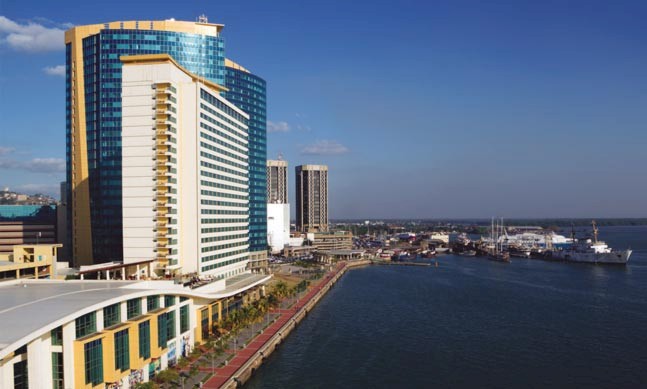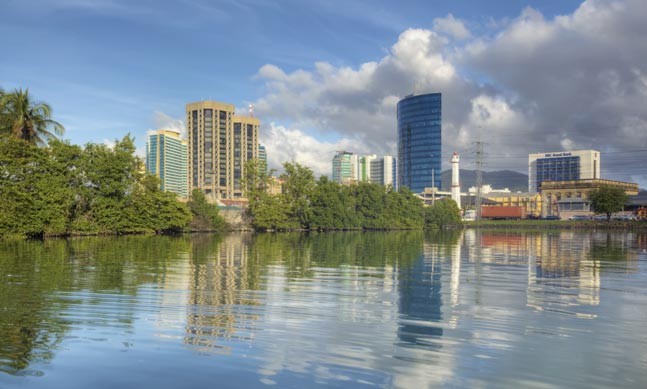Tobago is carving out a niche for itself as one of the Caribbean’s premier tourism destinations.
The island of Tobago may not have the population, size or economic activity of its larger neighbour Trinidad, but for many years it has been carving out a niche for itself as one of the Caribbean’s premier tourism destinations. Indeed it has chosen to follow a very different course to Trinidad, capitalising on its picture-postcard beaches, pristine rainforest and laid-back culture to become an eco-tourism paradise.
“Tobago is what people visualise when they think of a Caribbean island,” highlights Orville London, chief secretary of Tobago’s House of Assembly. “We have a responsibility to give our residents the quality of life they deserve and also to provide visitors with the kind of experience they envisage.”
“As an island we made a decision to maintain our pristine nature.”
Dr Orville London Chief Secretary of the Tobago House of Assembly
Post ThisSurrounded by white sand beaches, coral reefs and calm blue waters, Tobago is home to over 2,000 species of birds, 6,000 species of plants and animals and is home to the oldest protected rainforest in the western hemisphere, all contributing to its growing reputation as an eco-tourism destination. In October 2003, the World Travel Awards in New York City designated the island as “Home of the Best Eco Destination in the World.”
With a population of just 60,000 across the island’s 160 square miles, some 32,895 international tourists visited the island in 2012, up 2 percent on 2011. The tourism industry contributes 46 percent of Tobago’s GDP and 57 percent of its employment.
The island was hit hard by the global downturn after 2007 and the resulting drop in tourism numbers led the island’s government to look into diversifying its economy and identifying designated development areas. However, any development must be in keeping with the Assembly’s vision for the preservation of the island’s character. “We will never have 400-room hotels,” insists London. “We’ll never have a focus on mass tourism. We will always continue to protect our rainforest.”


